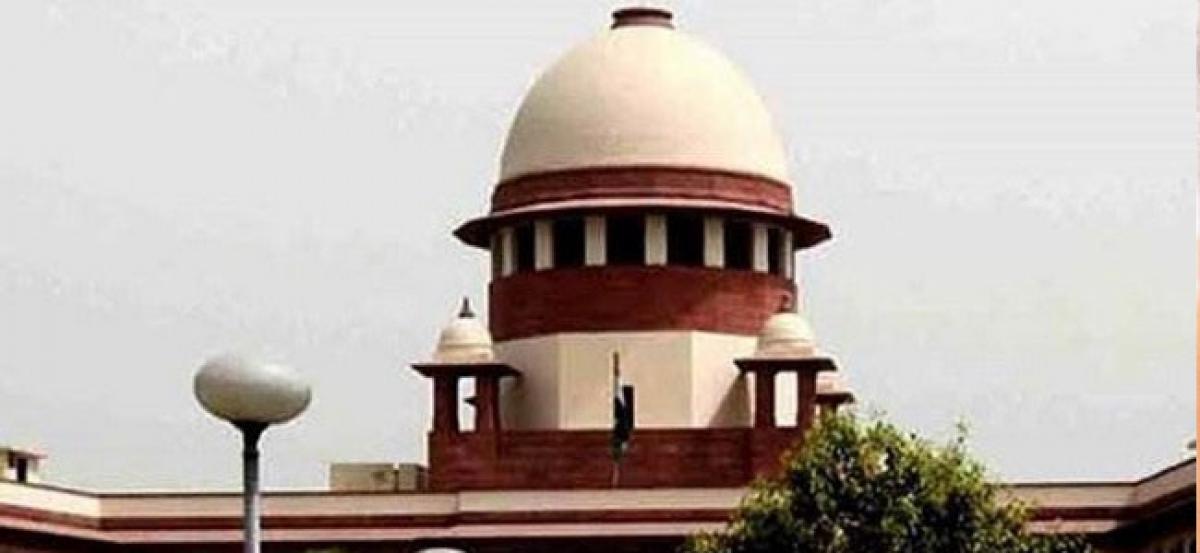Live
- Tirupati Stampede Incident: Deputy CM Pawan Kalyan Apologizes and Calls for TTD Purge
- Director Bobby and Thaman S Focus on Delivering a Festive Treat with Daaku Maharaaj
- Arvind Kejriwal Urges EC to Bar Parvesh Verma from Delhi Election, Demands Raid on His House
- Invitation and Calendar Release Ceremony for Sri Jogulamba Ammavaru Brahmotsavams and Sri Bala Brahmeshwara Swamy Maha Shivaratri Celebrations
- District Legal Services Authority Secretary V. Rajani visited the rehabilitation centers
- Vice Chancellor of Palamuru University Releases Palem Degree Autonomous Results
- Oppo Reno 13 and Reno 13 Pro Launched in India; Prices Start at Rs 37,999
- Kompati Bhagat Reddy Elected as BJP Aiza Town President
- PUBG Mobile 3.6 Update: New Features, Sacred Quartet Mode, and More
- Telangana Government Launches Special Website for Indiramma Housing Complaints









